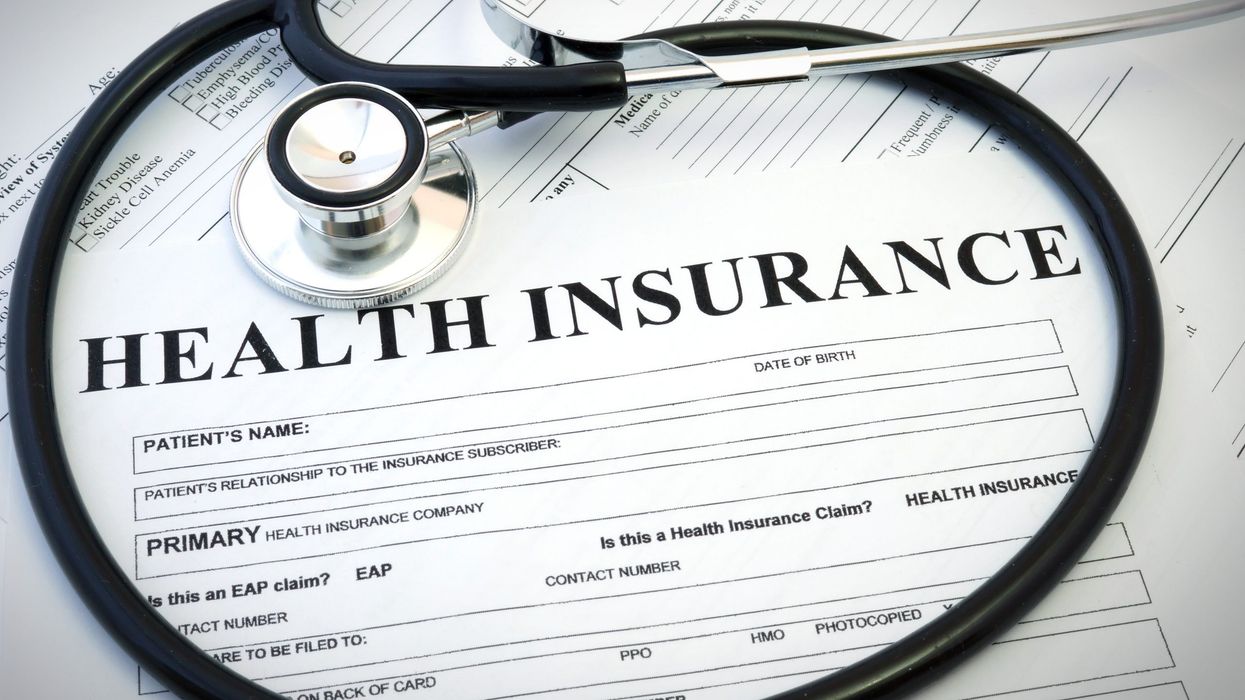The UK health cover market was valued at £6.7 billion in 2022, marking a £385 million increase from the previous year
Challenges in accessing the NHS waiting list are pushing more and more people toward private-funded alternatives for access, diagnosis and treatment, thereby increasing the demand for private health cover.
According to a report published by health data provider LaingBuisson, the demand for private health cover, including medical and dental insurance and cash plans, has surged to its highest levels since 2008.
The UK’s overall health cover market reached £6.7 billion in 2022, an increase of £385 million from the previous year.
During the period from 2020 to 2022, the market experienced annual growth rate of 6.1 per cent, a significant increase compared to the average annual growth rate of 1.7 per cent observed between 2008 and 2019, the research found.
A total of 4.2 million people were subscribed to medical cover schemes in 2022. When dependents covered by these policies were included, the number reached 7.3 million – the highest count since 2008.
LaingBuisson’s analysis showed that medical cover volumes were steady through most of the 2010s, but began to increase alongside rises in the NHS waiting list from 2018.
Nevertheless, high inflation resulted in the market's real-terms value declining by 2.2 per cent despite its growth.
Tim Read, author of the report, said: “Despite a real-terms fall in overall market value, the broader picture for the health cover market is positive. Uplifts in subscriber volumes following the pandemic should translate to overall growth in market value as background inflation declines.”
Did Covid lead to the surge?
Read said: “The pandemic may have driven increased demand, but it is misleading to suggest it is the cause of it.
“LaingBuisson’s analysis shows a longer, deeper relationship between the length of the NHS waiting list and demand for health insurance. Demand began to increase in 2018, as the NHS waiting list began to rise out of control.”
Drawing from their study findings, Read maintained that “without substantial inroads into making NHS-funded care accessible within acceptable timescales for patients, health cover products will continue to grow in demand.”
LaingBuisson’s study revealed that the growth in the UK health cover market is primarily driven by company-backed schemes.
Read said that this might be because of “an increased awareness of the impact of employee ill-health on a business – and possibly frustration at the impact that an inaccessible NHS is having on productivity.”
“Investing in a product that enables people to see primary or secondary care specialists when they need to, rather than having a take a day off work hoping for an appointment, is no longer necessarily seen as a perk but as something critical to ongoing business success,” he added.
Private medical cover – which includes Private Medical Insurance (PMI) and company-paid self-insurance schemes, accounted for 80 per cent of the total market value at £5.3 billion in 2022 - a six per cent increase from 2021 and a 9.6 per cent increase since the last full year before the pandemic in 2019.
Health cash plans were valued at £461m in 2022, dental capitation subscriptions at £688 million, and dental insurance at £180 million.













